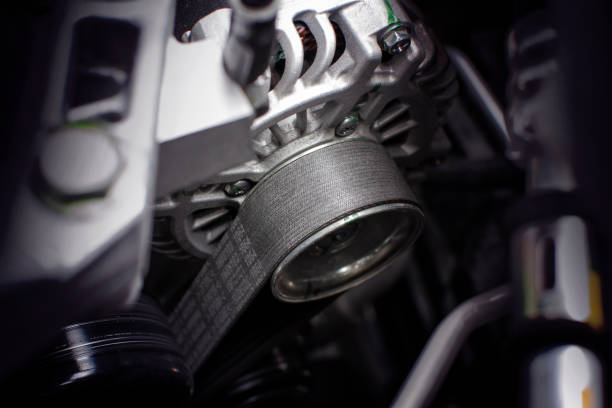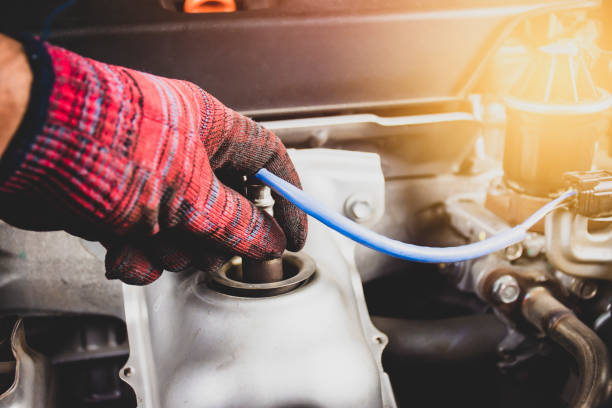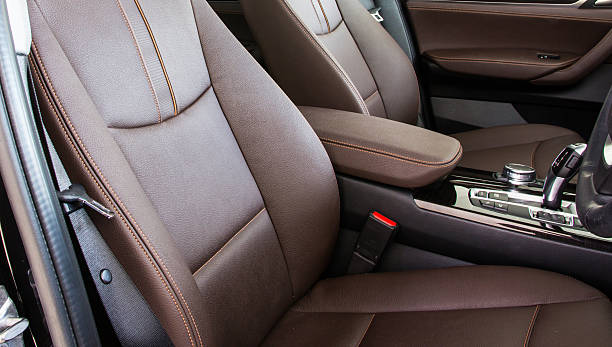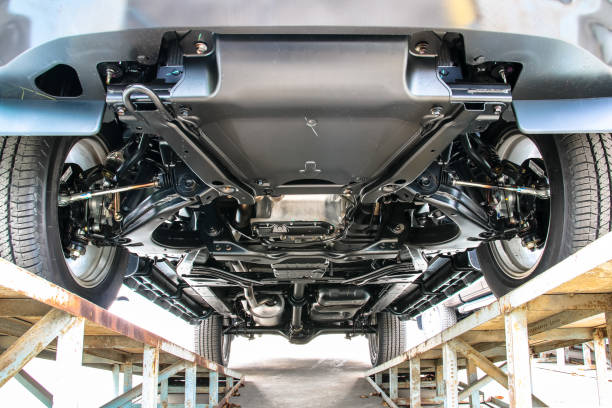
Car axles are an essential part of any vehicle, as they transfer power from the engine to the wheels, allowing your car to move. Understanding the different types of car axles and how to maintain them will help you optimize your vehicle’s performance and safety on the road. In this article, we will delve into the world of car axles, covering the various types, their functions, and crucial maintenance tips to ensure a smooth and safe driving experience.
Types of Car Axles
Before diving into car axle maintenance, it’s essential to understand the different types of axles found in vehicles. There are three main types of car axles: live axles, dead axles, and split axles.
Live Axles
Live axles, also known as solid axles, are found in rear-wheel-drive vehicles. These axles not only support the weight of the car but also transmit power to the wheels. Live axles are typically more durable and can handle heavy loads, making them ideal for trucks and off-road vehicles.
Dead Axles
Dead axles, or non-driving axles, are found in front-wheel-drive vehicles. They serve only to support the weight of the car and do not transmit power to the wheels. Dead axles are lighter and cheaper than live axles, making them a popular choice for passenger cars and light commercial vehicles.
Split Axles
Split axles, or independent axles, are found in vehicles with independent suspension systems. Unlike live and dead axles, split axles allow each wheel to move independently of the other, providing a smoother ride and better handling. This type of axle is commonly found in sports cars and luxury vehicles.
The Importance of Axle Maintenance
Regular maintenance of your car axles is crucial for optimizing performance and ensuring safety on the road. Here are some reasons why you should prioritize axle maintenance:
Smooth Performance
A well-maintained axle will ensure that your vehicle runs smoothly and efficiently. Neglecting axle maintenance can lead to poor handling, reduced fuel efficiency, and increased wear and tear on your vehicle’s components.
Safety
Proper axle maintenance is essential for your safety and the safety of others on the road. A damaged or worn-out axle can cause your vehicle to lose control, leading to accidents and potentially severe injuries.
Prolonged Vehicle Life
Maintaining your car axles will help prolong the life of your vehicle. By keeping your axles in good condition, you can avoid costly repairs or replacements and keep your car running smoothly for years to come.
Car Axle Maintenance Tips
Now that you understand the importance of car axle maintenance, let’s explore some tips to help you keep your axles in top condition:
Regular Inspections
Regularly inspecting your car axles is the first step in maintaining their performance and safety. Look for signs of wear and tear, such as cracks, rust, or leaks. If you notice any issues, consult a professional mechanic to address the problem before it becomes severe.
Lubrication
Lubricating your axles is essential for preventing friction and heat buildup, which can lead to premature wear and tear. Check your vehicle’s owner’s manual for the recommended axle lubricant and schedule for your specific make and model. If you’re unsure about the process, consult a professional mechanic for assistance.
Axle Boot Maintenance
Axle boots are rubber or plastic covers that protect the constant velocity (CV) joints in your car’s axle. These joints are responsible for transferring power from the transmission to the wheels while allowing for a range of motion as the vehicle navigates turns and uneven terrain. Regularly inspect the axle boots for cracks, tears, or leaks, as damaged boots can allow contaminants to enter the CV joint, leading to premature wear and potential failure.
Wheel Alignment and Tire Balance
Proper wheel alignment and tire balance play a significant role in maintaining your car’s axles. Misaligned wheels can put undue stress on the axles, causing premature wear and poor handling. Similarly, unbalanced tires can create vibrations that can damage the axles and other suspension components. Schedule regular wheel alignments and tire balancing to ensure optimal axle performance and prolong their lifespan.
Addressing Axle Noises
If you hear any unusual noises coming from your axles, such as clicking, grinding, or humming, it’s crucial to address the issue immediately. These sounds can indicate a problem with the axle or related components, such as bearings or CV joints. Ignoring these noises can lead to more severe problems and potential axle failure. Consult a professional mechanic if you notice any unusual sounds coming from your vehicle’s axles.
When to Replace Your Car Axle
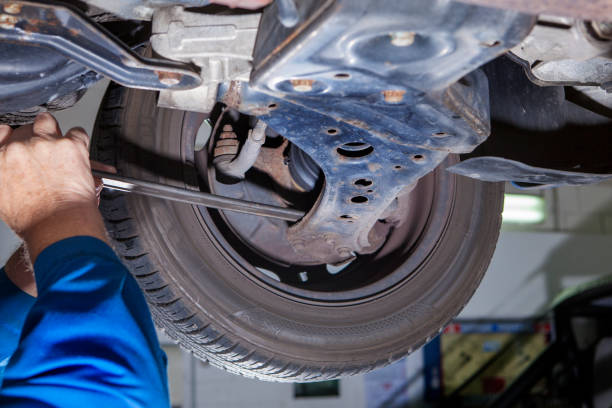
While regular maintenance can prolong the life of your car axles, they will eventually need to be replaced. Here are some signs that it may be time to replace your axle:
Excessive Vibrations
If you notice excessive vibrations while driving, especially during acceleration or when turning, it could be a sign of a worn or damaged axle. This issue requires immediate attention from a professional mechanic.
Loud Noises
As mentioned earlier, unusual noises coming from your axles can indicate a problem. If the noises persist even after addressing potential issues with bearings or CV joints, it may be time to consider axle replacement.
Leaking Lubricant
If you notice lubricant leaking from your axle or pooling under your vehicle, it could be a sign of a damaged axle seal or other issues. Consult a mechanic to determine the cause of the leak and whether axle replacement is necessary.
Difficulty Steering
If you experience difficulty steering or your vehicle pulls to one side while driving, it could be a sign of axle issues. A professional mechanic can diagnose the problem and recommend whether axle replacement is required.
Conclusion
Car axle mastery is crucial for optimizing performance and ensuring safety on the road. By understanding the different types of car axles, their functions, and essential maintenance tips, you can keep your vehicle running smoothly and safely. Remember to inspect your axles regularly, lubricate them as needed, and consult a professional mechanic if you notice any issues or unusual noises. By doing so, you’ll be well on your way to becoming a car axle master and enjoying a top-performing, safe vehicle for years to come.






